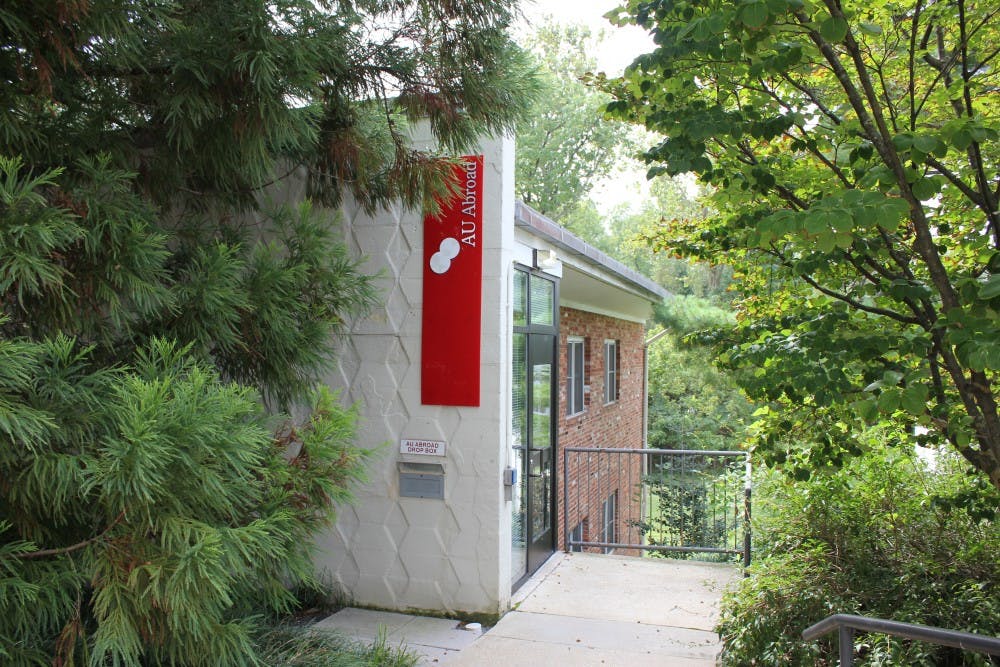American University students studying abroad this semester are struggling to navigate program adjustments as omicron cases surge across the U.S. and other countries impose border restrictions and COVID-19 related procedures.
Emma Jardine, a junior in the School of International Service, had planned to begin in-person classes in Madrid, Spain on Jan. 24 through AU Abroad’s Iberian Experience Program. Instead, Jardine began her semester abroad remotely in the United States and is currently living with her parents until her flight to Spain on Jan. 30.
“I normally wouldn’t live at home with my family, I would live in D.C. with my friends, but I sublet my room for the spring thinking I wouldn’t get back until May,” Jardine said. “But ever since they changed dates, I’ve just been living at home for three weeks, which is a shift from what I expected.”
Jardine said she’s most anxious about her planned homestay in Madrid. She’s required to test negative for COVID-19 within 72 hours of moving in with her host family, and will not receive her housing assignment until she receives a negative test result.
To add to the stress, the University is advising students to exercise caution when visiting nearby countries once settled in Spain.
“In the orientation, they were like, ‘Oh, don’t schedule flights to Paris or flights here until the weekend of because we might have to change things around,’” Jardine said.
Despite the University’s warning, Jardine said that in a private conversation she had with a representative from the U.S. State Department, travel to other countries outside of a student’s study abroad destination is encouraged.
While Jardine might still have the opportunity to visit different countries while in Spain, other students must stay in their host countries.
Sai Velaga, a sophomore in the Kogod School of Business, arrived in the United Kingdom earlier this month. Entering the U.K. was a challenge. She followed a complicated COVID-19 testing process and had to fill out a “passenger locator form” to verify where travelers land if a test comes back positive. The University, Velaga said, offered little to no assistance throughout this process.
“AU left a lot of the planning and the logistics of how to get into the country and through customs up to us, so they don’t really tell you that you need to do all this,” Velaga said.
Other students are struggling to navigate longer-term programs. Matthew Evans, a sophomore in the SIS, is a member of the SIS Sakura Scholars program. In this specialized program managed by SIS Abroad, students earn a joint degree from American University and Ritsumeikan University in Kyoto, Japan.
Japan has kept its borders closed to foreigners since the start of the pandemic. For Evans and his fellow Sakura Scholars, this has derailed the entire layout of their program, as they were supposed to be spending the 2021-22 academic year in Japan. Now, members of the program are unsure what happens next after receiving no communication from the University.
Sara Dumont, the executive director of AU Abroad, was not available for comment for this article.
“As of now, we’ve not heard anything about starting preparation for junior year or when they want to get preparation started,” Evans said. “And one of our advisors just left, so honestly, it’s not looking that great.”
For Evans, the lack of communication has left him in a stalemate.
“We all talk about it pretty frequently and keep each other updated in case someone has missed something, but recently it’s just been a lot of being collectively confused and not knowing what’s going on,” Evans said.





